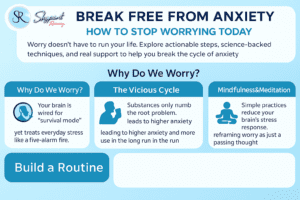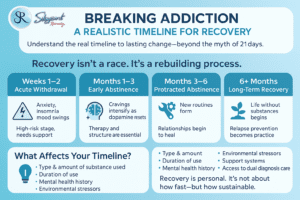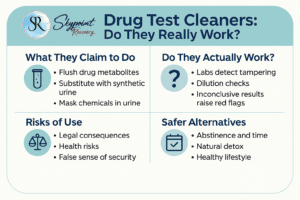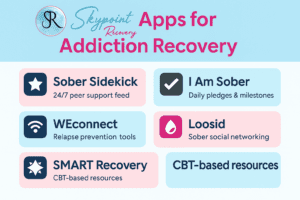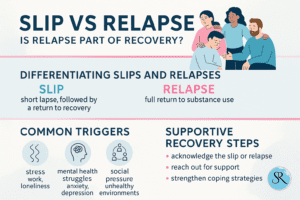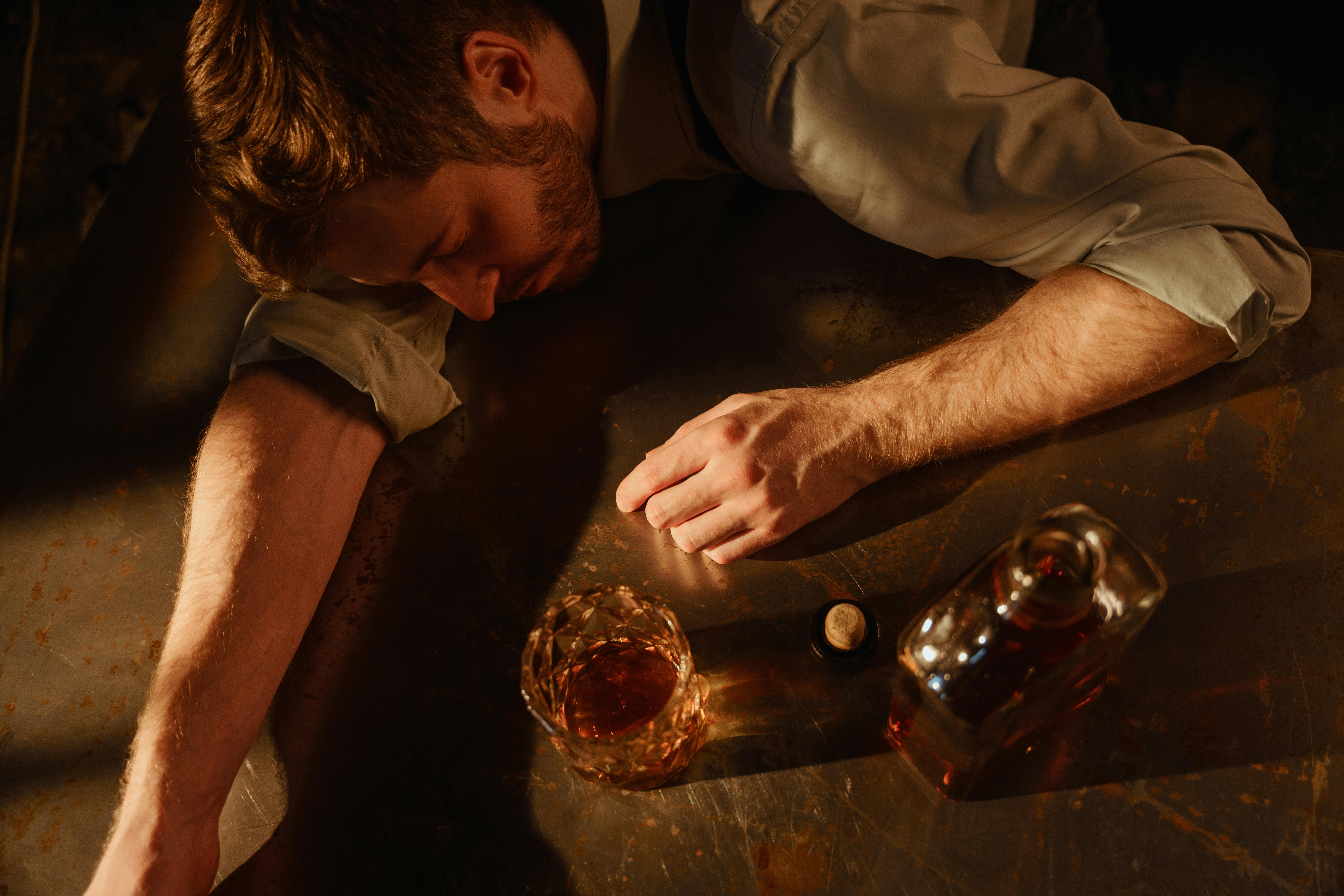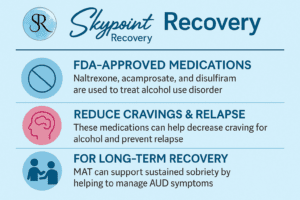Does Gabapentin Cause Memory Loss? What Science and Patients Say
Is gabapentin fogging your memory? Uncover the real science behind this widely used medication, its cognitive side effects, and what you can do about it.

Gabapentin 101: What Is It and Why Is It Prescribed?
Gabapentin is a prescription drug often used for nerve pain, seizures, and anxiety. In some recovery settings, it’s prescribed to help stabilize mood or manage withdrawal symptoms. Its widespread use comes from its flexibility and relatively low risk of abuse compared to other medications.
It’s commonly sold under the brand name Neurontin and is available in capsules, tablets, and extended-release formats. Dosages vary, but many people start between 300 mg and 900 mg per day, depending on their condition and treatment goals.
Though often helpful, gabapentin side effects can include dizziness, fatigue, and in some cases, cognitive issues. That has led to a growing question among patients: Does gabapentin cause memory loss?
Does Gabapentin Really Cause Memory Loss?
Scientific research has linked gabapentin to mild to moderate cognitive impairment, especially when it is used in higher doses or combined with other central nervous system depressants. The impact is usually temporary and may improve with dosage changes.
A few studies involving people with spinal cord injuries found that gabapentin was associated with slower memory recall, reduced attention span, and diminished executive function. However, these symptoms often lessened over time or improved after stopping the medication.
Factors that can affect whether someone experiences memory loss and medication issues include:
- Length of time on gabapentin
- Age of the person taking it
- Interaction with other medications
- Existing neurological or psychiatric conditions
Not everyone experiences these side effects. In fact, for many patients, the cognitive impact is minimal or goes unnoticed.
What Do Patients Experience? Real Stories and Common Symptoms
Patients have described symptoms ranging from occasional forgetfulness to noticeable problems recalling names or tasks. These symptoms may develop within a few weeks of starting gabapentin, but they also tend to fade with time or a lower dose.
Some people report:
- Brain fog or difficulty concentrating
- Slower thought processing
- Trouble with short-term memory
If symptoms become disruptive, it’s important to speak with a healthcare provider before making any medication changes. Keeping track of patterns in a daily journal can also help your care team evaluate whether gabapentin side effects are contributing to the issue.
Who’s Most at Risk? Understanding the Contributing Factors
While gabapentin is considered safe for most adults, certain groups may face higher risk of cognitive health changes.
Risk tends to be greater in:
- Adults over 60
- People taking other sedatives or antipsychotic medications
- Those with pre-existing cognitive issues or neurological diagnoses
- Long-term users of high-dose gabapentin
There’s also growing concern about the connection between gabapentin and dementia risk, especially with long-term use. Although evidence is not yet conclusive, this has prompted more doctors to monitor memory-related symptoms closely in their patients.
Can Memory Loss Be Prevented or Reversed?
Most cognitive issues related to gabapentin can be managed or reversed. Adjusting the dosage is often the first step. Sometimes, a gradual switch to another medication may be needed.
Preventive steps include:
- Regularly reviewing your full medication list with a healthcare provider
- Being aware of changes in concentration, sleep, or short-term memory
- Staying active mentally and physically to support cognitive health
- Using medication tracking tools to prevent overuse or interactions
The goal is safe and effective medication management, not abrupt discontinuation.
Gabapentin and Addiction Recovery: What You Need to Know
In addiction treatment, gabapentin is occasionally used to reduce anxiety or help with sleep during early recovery. While it can be helpful, patients with a history of substance use should be cautious.
Although gabapentin abuse is less common than opioid misuse, some individuals have reported misusing it in combination with other substances to increase sedative effects. That’s why close monitoring is essential.
Comprehensive care plans should weigh the potential for gabapentin withdrawal and ensure patients have ongoing support.
Steps to Take If You Notice Memory Problems
If you suspect your memory has changed while on gabapentin, here’s what you can do:
- Start a symptom journal to track when memory lapses occur
- Make a list of all current medications
- Schedule a medication review with a qualified provider
- Avoid stopping gabapentin on your own
- Discuss alternative treatment options
If memory changes are interfering with recovery or daily function, you may benefit from a more structured setting that supports both your physical and emotional health.
Making Informed Choices About Gabapentin
Ultimately, the answer to the question does gabapentin cause memory loss is that it is a possible but not a guaranteed side effect. Most cases are mild and reversible with proper medical guidance.
Making informed choices about your treatment requires individualized care and ongoing communication with health professionals who prioritize your overall well being. If you are concerned about gabapentin abuse or its impact on your cognitive function as part of your recovery journey, it is time to seek expert guidance.
Skypoint Recovery offers a holistic approach to healing in the Akron, Ohio, area. We understand the challenges of co-occurring disorders and the importance of safe medication management.
Our staff will help you understand your program options, including our Partial Hospitalization (PHP) and Intensive Outpatient (IOP) programs, and guide you through your financial choices, as we accept Medicaid. As a trusted Akron addiction treatment provider, we are committed to supporting your cognitive health. For a premier Akron addiction treatment experience, reach out today.
Your path to wellness starts now. Call us at 330-919-6864 or complete our online form for a confidential consultation.



